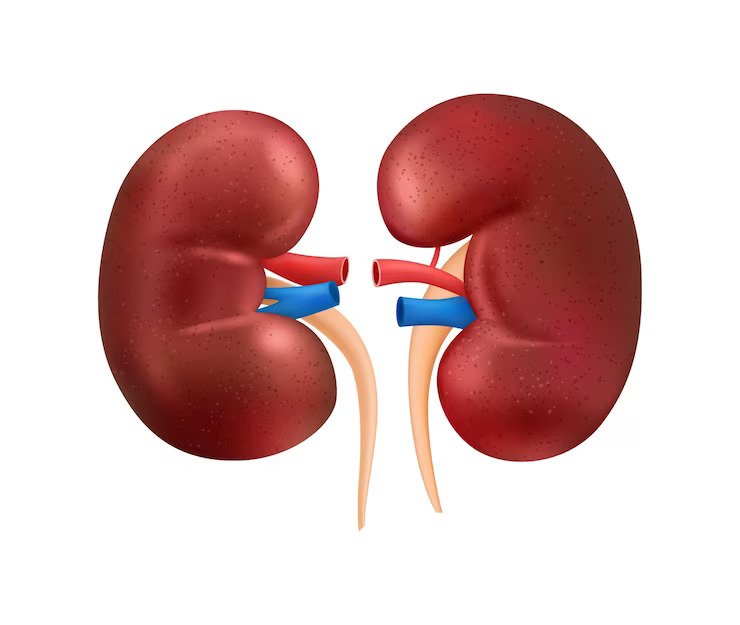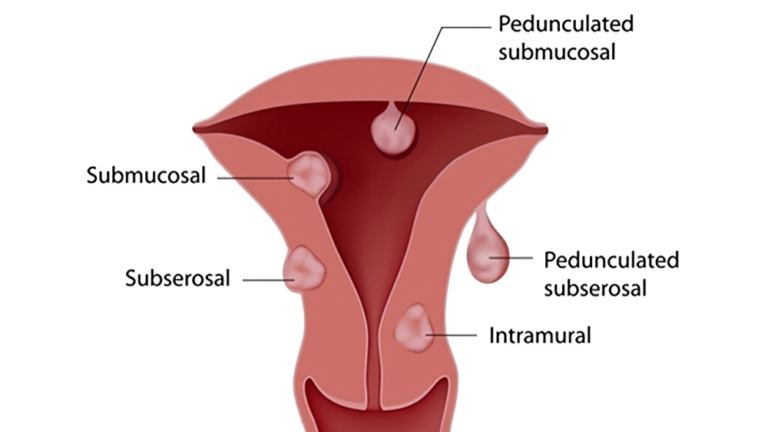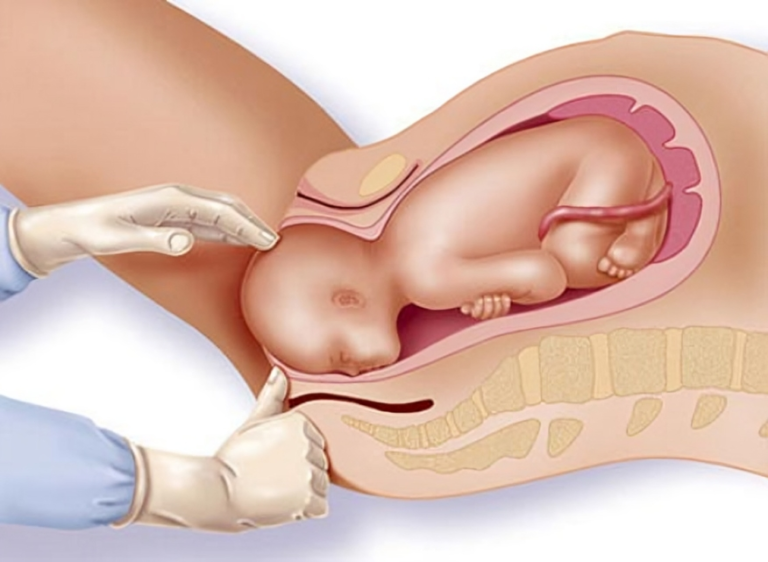Innovations In Obstetrics: Advancements And Technologies
Obstetrics, the branch of medicine focused on childbirth and maternal health, has witnessed remarkable advancements in recent years, driven by innovative technologies. These innovations have not only improved the safety and outcomes of pregnancy and childbirth but have also revolutionized the way healthcare professionals approach maternal and fetal care. From early detection of complications to personalized treatment plans, these advancements are shaping the future of obstetrics.
To Know More About Itr Please Click here
Advancements in Obstetrics Prenatal Screening
One of the significant areas of innovation in obstetrics is prenatal screening. Traditional methods like ultrasound and maternal serum screening have been enhanced by advanced imaging techniques such as 3D and 4D ultrasounds, providing detailed images of the fetus in utero. Moreover, non-invasive prenatal testing (NIPT) has emerged as a groundbreaking technology for detecting chromosomal abnormalities like Down syndrome with high accuracy, using a simple blood test from the mother.
Telemedicine and Remote Monitoring
The advent of telemedicine has transformed prenatal care delivery, particularly in remote or underserved areas. Pregnant women can now consult with obstetricians and receive monitoring remotely, reducing the need for frequent in-person visits. Wearable devices equipped with sensors allow continuous monitoring of maternal vital signs and fetal movements, providing real-time data to healthcare providers and ensuring timely interventions when necessary.
Precision Medicine Approaches
In obstetrics, the concept of precision medicine—tailoring treatment and interventions based on individual genetic, environmental, and lifestyle factors—is gaining prominence. Through advances in genomic sequencing and molecular diagnostics, clinicians can identify genetic predispositions to pregnancy-related complications and develop personalized management plans for expectant mothers. This approach not only enhances maternal and fetal outcomes but also minimizes unnecessary interventions.
Robotic Surgery and Minimally Invasive Techniques
Robotic-assisted surgery has revolutionized the field of obstetrics by enabling complex procedures with enhanced precision and minimal invasiveness. In conditions like uterine fibroids or placenta accreta, robotic surgery offers superior visualization and maneuverability, resulting in shorter hospital stays and faster recovery for patients. Furthermore, minimally invasive techniques such as laparoscopy and hysteroscopy have become standard for various gynecological and obstetric procedures, reducing surgical risks and postoperative complications.
Fetal Monitoring and Interventional Therapies
Continuous fetal monitoring during labor is crucial for detecting signs of distress and ensuring timely interventions to prevent adverse outcomes. Electronic fetal monitoring (EFM) systems have evolved to provide a more accurate assessment of fetal well-being, including parameters like fetal heart rate variability and uterine contractions. In cases of fetal anomalies or intrauterine conditions, advances in fetal surgery and interventional therapies offer options for in-utero treatment, improving the chances of a favorable outcome for the baby.
Challenges and Obstetrics Future Directions
While innovations in obstetrics offer tremendous promise, they also present challenges related to accessibility, affordability, and ethical considerations. Disparities in access to advanced technologies and specialized care remain a concern, particularly in low-resource settings. Additionally, ethical dilemmas surrounding the use of genetic testing and fetal interventions raise questions about informed consent and societal implications.
Looking ahead, the future of obstetrics will likely see further integration of technologies like artificial intelligence (AI) and machine learning, facilitating more accurate risk prediction and personalized care plans. Addressing barriers to adoption and ensuring equitable access to innovative solutions will be essential in harnessing the full potential of these advancements to improve maternal and fetal health outcomes worldwide.
Conclusion
Innovations in obstetrics, driven by advancements in technology and clinical research, are transforming the landscape of maternal and fetal healthcare. From prenatal screening to robotic surgery, these advancements are enhancing the safety, efficacy, and personalized nature of obstetric care. As we continue to embrace new technologies and approaches, the ultimate goal remains unchanged: ensuring the health and well-being of mothers and their newborns, both now and in the future.
Also, Follow us on Instagram







